pollination nation
There are a lot of things we all take for granted, but one of them that we’re taking seriously these days is pollination.
Larger scale industrial farming can deplete the natural environment to such an extent that there aren’t sufficient local bee populations to pollinate crops, which means that bee colonies are transported across the country in the United States in order to keep up with agricultural needs.
When we first bought this property, we assumed that pollination would take care of itself, and to a moderate extent, it does. With a bit more analysis, we realized that we weren’t hosting nearly as many pollinators as we thought. The quick fix would be to partner with local beekeepers to see if we could host a few colonies here at the grove. When that didn’t pan out due to geography and scale, we dug a bit deeper.
That digging led us to understanding how much our native pollinators (bees and other insects) are essential to a healthy organic farm, and how much these insects depend on native plants for their survival.
While we already have many thriving native plants here at Zephyr, we had no idea how important these plants were. Since coming to that realization, we’ve made a concerted effort to identify and protect those native plants and opt for a more sustainable native landscape instead of a “perfectly groomed” grove. After all, tidy doesn’t always mean healthy.
We recently visited Tree of Life Nursery in San Juan Capistrano, and they made us a custom mix of native seeds to spread at the grove. We’re excited to see what springs up!
We’ve also mounted a shelter for native bees that already seems like it’s got a few new residents.
Good things up ahead at the grove!



